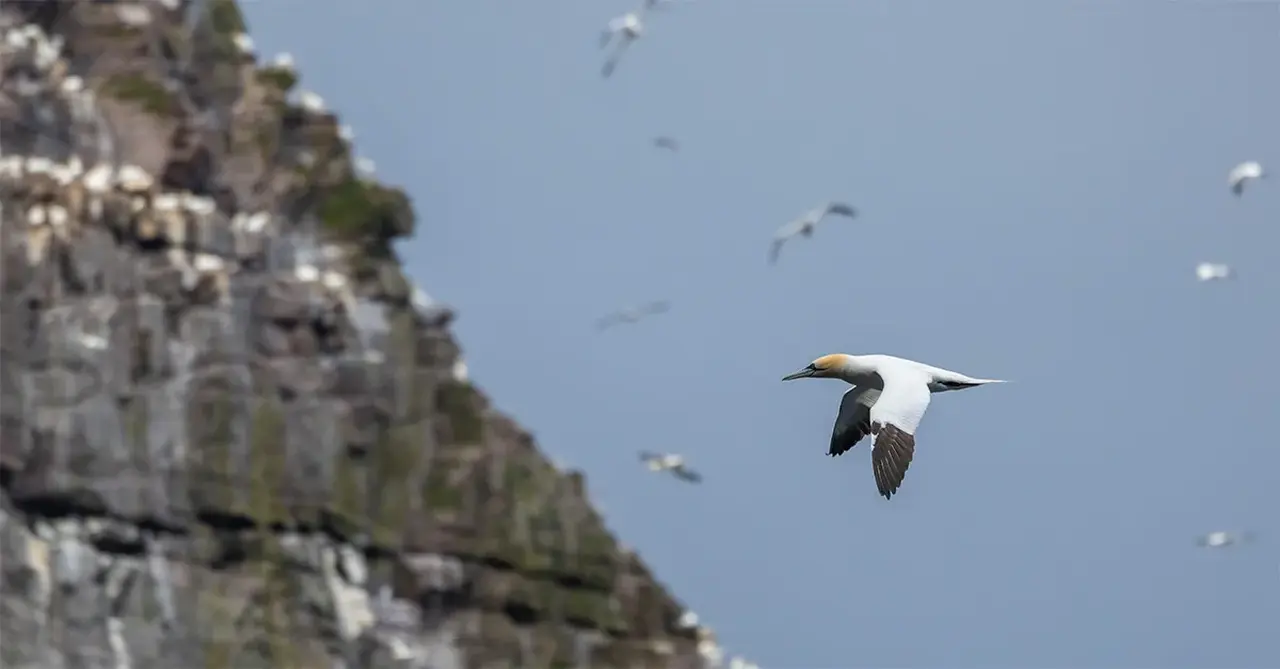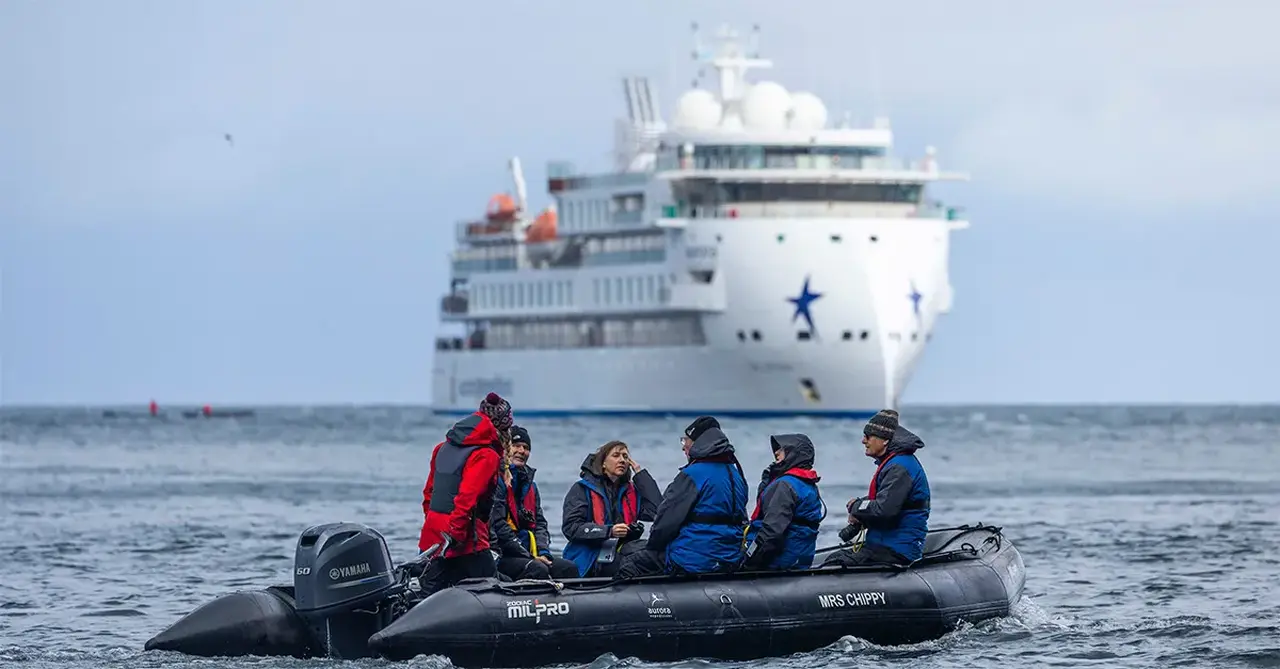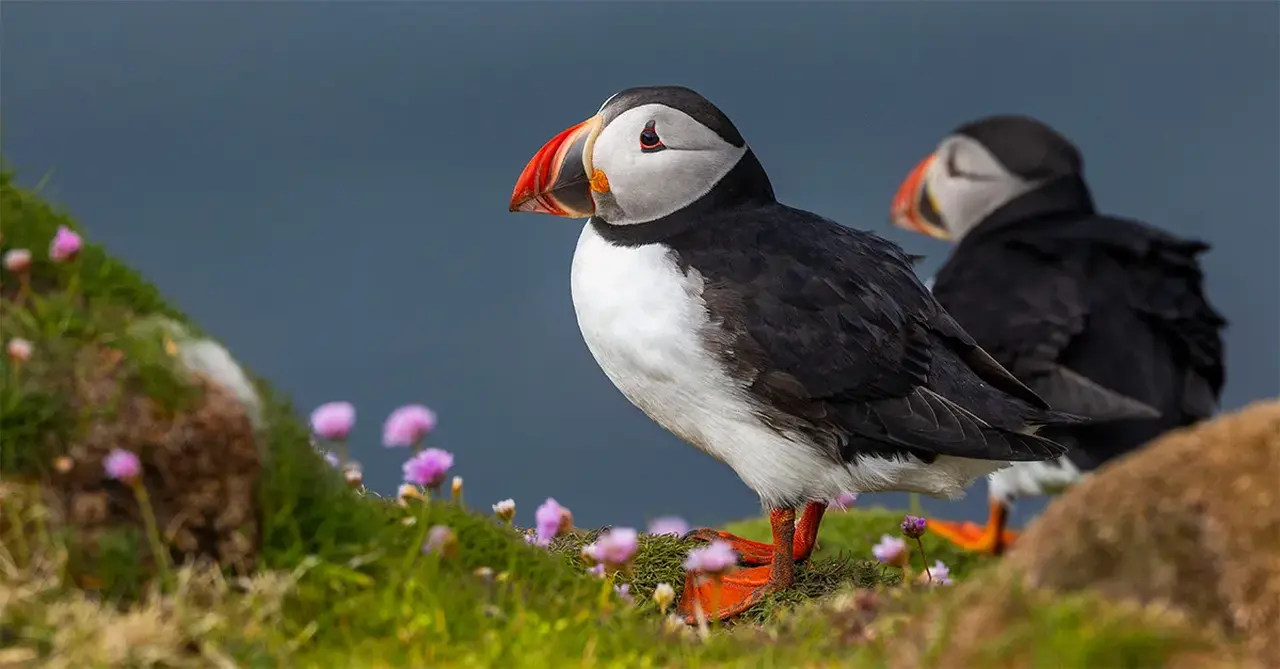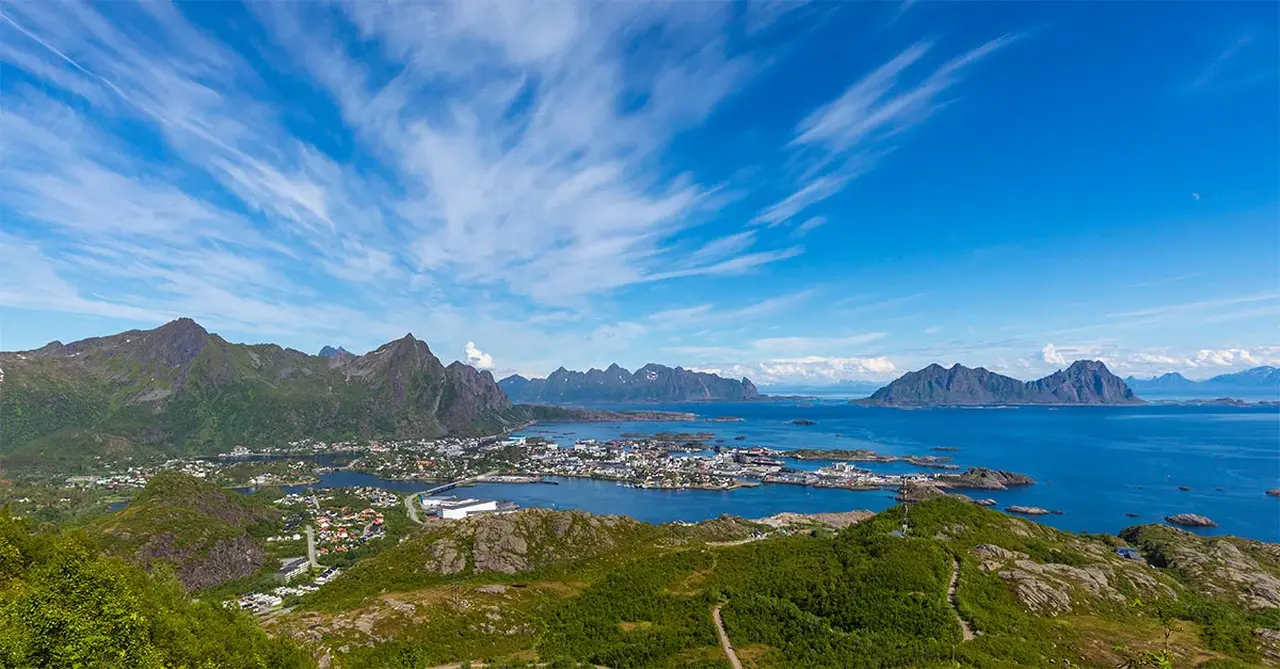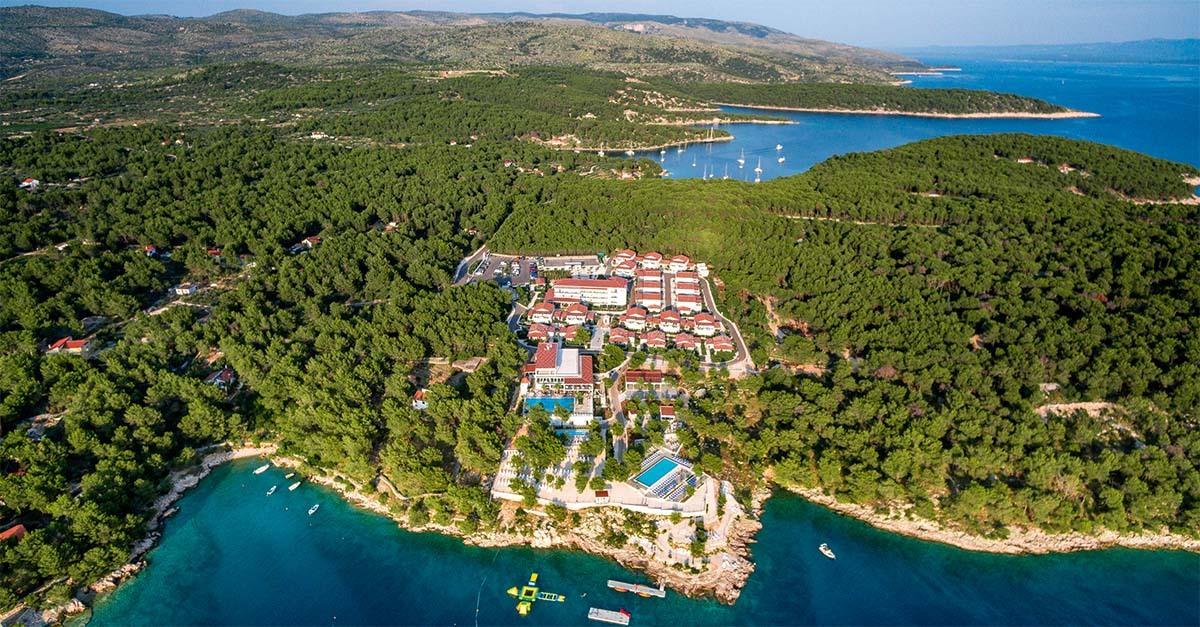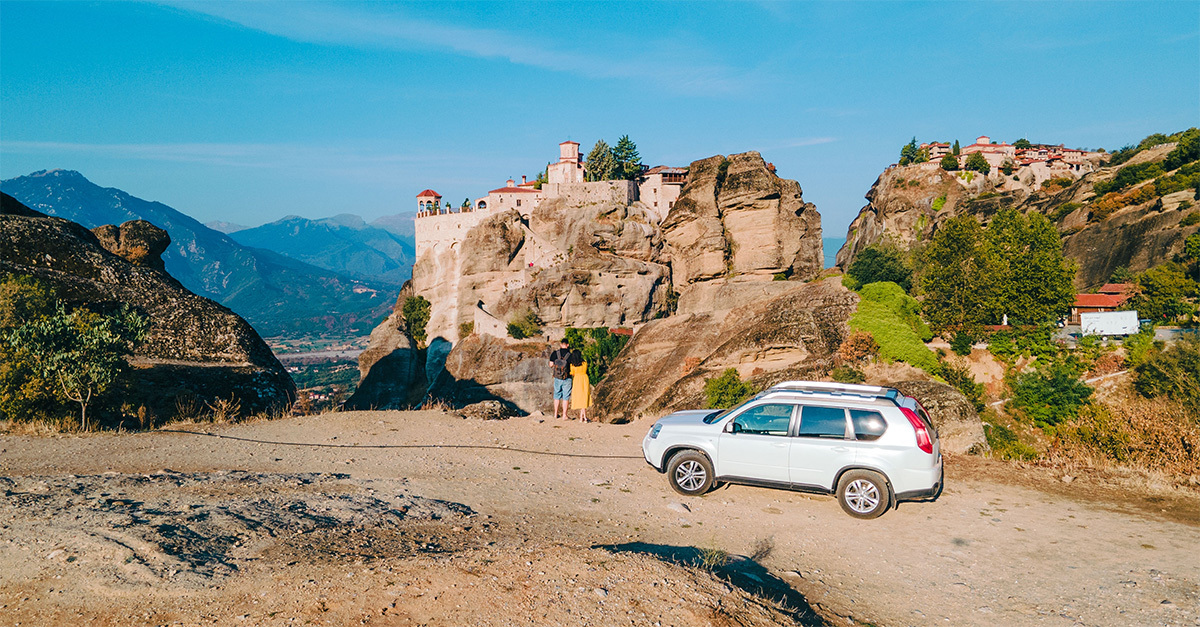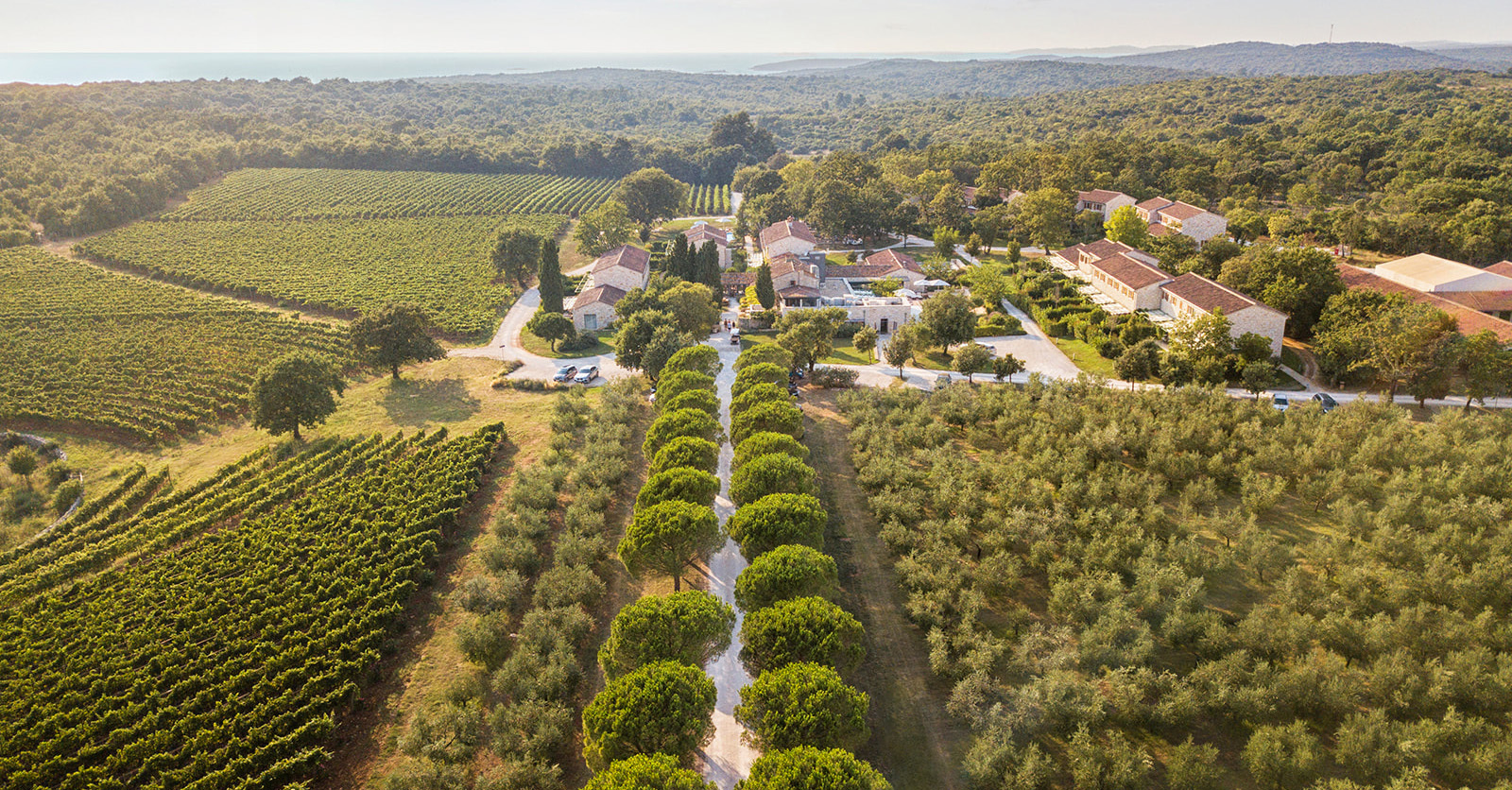You are viewing 1 of your 2 free articles
Why expedition cruise is the best way to see Svalbard
A Svalbard sailing offers wildlife sightings and adventures aplenty – just don’t forget your waterproofs
Click here to download and save as a PDF
We’re in an inflatable Zodiac at the foot of a towering cliff dotted with birds’ nests while around us, thousands of gannets, kittiwakes, guillemots and other seabirds swoop and dive. Then a movement at the water level catches my eye.
A seal has popped its head from under the surface and is watching us inquisitively. It stares, disappears, pops up again and repeats, leaving us entranced. Talk about magical. I’m no stranger to expedition cruising but there are nine newcomers alongside me and there’s electricity in the air as everyone, in that moment, wakes up to the thrill of an expedition cruise.
Wildlife in the North Sea
Our seal sighting is a turn-up for the books on the journey from Aberdeen to Spitsbergen capital Longyearbyen, on AE Expeditions’ ship Greg Mortimer. A call into the Orkney Islands had been abandoned due to wind and waves; likewise, our visit to Fair Isle.
Zodiacs from an AE Expeditions ship. Image credit: Adrian Wlodarczyk
This Zodiac cruise to the bird cliffs on the Shetlands’ Isle of Noss was an unscheduled stop, an attempt to put some expedition back into the cruise – and boy, did it pay off.
“As you’ve seen, we start with a plan, but things can change,” says Daniel, our expedition leader, during a briefing while Greg Mortimer battles its way through the choppy North Sea. By the time the Zodiacs are lowered for the Noss adventure, we’re on at least plan C, but no one seems bothered. Being flexible is all part of an expedition.
Daniel is one of a 20-strong team of naturalists, biologists, geologists, historians and kayakers here to host lectures and take us ashore, or out in the Zodiacs or kayaks (an activity that comes at extra cost).
From Noss, we sail back south to Fair Isle, the rugged island home to thousands of puffins, hundreds of sheep – hence its reputation for Fair Isle knitwear – and just 50 people. Then we head for a hike through wind, rain and hail in the unpredictable climate of the Shetlands.
Puffins on the coast of Fair Isle. Image credit: Adrian Wlodarczyk
“That’s expedition cruising,” says Daniel cheerfully. It does explain why rugged outdoor gear needs to top the packing list for an expedition cruise.
Cruise to Norway
After the challenging UK weather, it’s wonderful to wake up in Norway to blue skies and sunshine, and strip off the four or five layers we’ve been wrapped in since leaving Aberdeen.
It’s also a treat to dock so we can walk ashore in our regular hiking boots instead of the muck boots borrowed for wet Zodiac landings. But this is still an expedition, so rather than coach trips and city tours, we’re hiking up mountains and around coasts.
Hiking in Svolvaer. Image credit: Adrian Wlodarczyk
After three days in Norway – one in Brønnøysund and two in the Lofoten Islands – we head north again.
Next stop: Bear Island. Bears haven’t been seen here for years but there are sheer cliffs teeming with seabirds, providing a good excuse for the team to lower the Zodiacs and take us out exploring as cute puffins and mean-looking skuas flap and dive around us.
Next day, en route to Svalbard, we gather for a mandatory briefing on going ashore given we are entering a fragile environment that is the land of the polar bear.
“Don’t panic if you see one,” we’re told. Before each landing, the area is scouted by an expedition team armed with rifles. Once ashore, some keep watch, while others are stationed at various points to tell us not only about the plants, birds and animals but also about how the population of Svalbard manages to live in this frozen wilderness.
It’s a thrilling journey far above the Arctic Circle, where it’s freezing cold but the skies are blue and we catch sight of walruses, crunch through ice in Zodiacs, get close to the huge Gaffelbreen glacier and learn about the trappers who nearly wiped out the polar bears until hunting was banned in 1973.
There’s just one problem. We haven’t seen one yet. Cue superhuman efforts by the captain and expedition team, and untold excitement when they spot a polar bear lazing on an ice floe – totally unfazed by its new celebrity status.
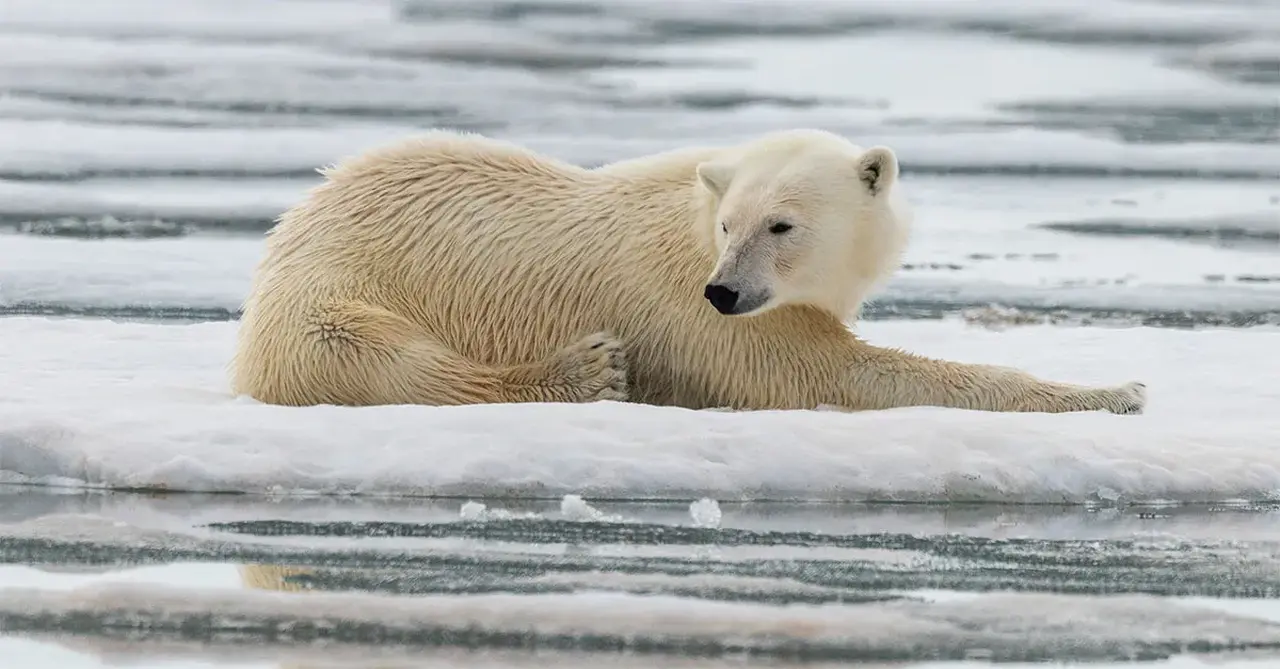
A polar bear resting on ice. Image credit: Adrian Wlodarczyk
If the seal convinced our handful of Zodiac passengers to fall in love with expedition cruising, then this polar bear is doing a good job for the rest of the ship – converting us all to the unexpected joys of expedition cruising in one fell swoop.
Book it
AE Expeditions’ 17-day Arctic Golden Autumn & Northern Lights cruise from Reykjavik in Iceland to Tromso in Norway departing August 18, 2026, spends four days exploring Svalbard and calls in to Bear Island. It costs from £12,521 including local transfers, one pre-cruise hotel night in Reykjavik, shore and Zodiac excursions, soft drinks, wine or beer with dinner and Wi-Fi.
aexpeditions.co.uk
Expert tips

Andrew Turner, director of sales EMEA, AE Expeditions
❂ Many people don’t know much about expedition cruising, so start by talking about this type of sailing.
❂ A typical expedition cruiser is well-travelled, curious and passionate about nature, wildlife and culture.
❂ Customers may be experienced cruisers seeking something immersive or new-to-cruise travellers drawn by unique destinations.
❂ Svalbard is ideal for newcomers, offering stunning landscapes, polar bears (hopefully!) and expert-led adventures on itineraries that are generally shorter than other expedition voyages.
❂ Talk about the cruise as high-value, not high-cost. It includes expert guides, inclusive excursions and breathtaking experiences.
❂ Expedition vessels are smaller, but our ships are light, bright and thoughtfully designed, giving clients flexibility to join the larger group or relax in privacy.
Lead image credit: Adrian Wlodarczyk

